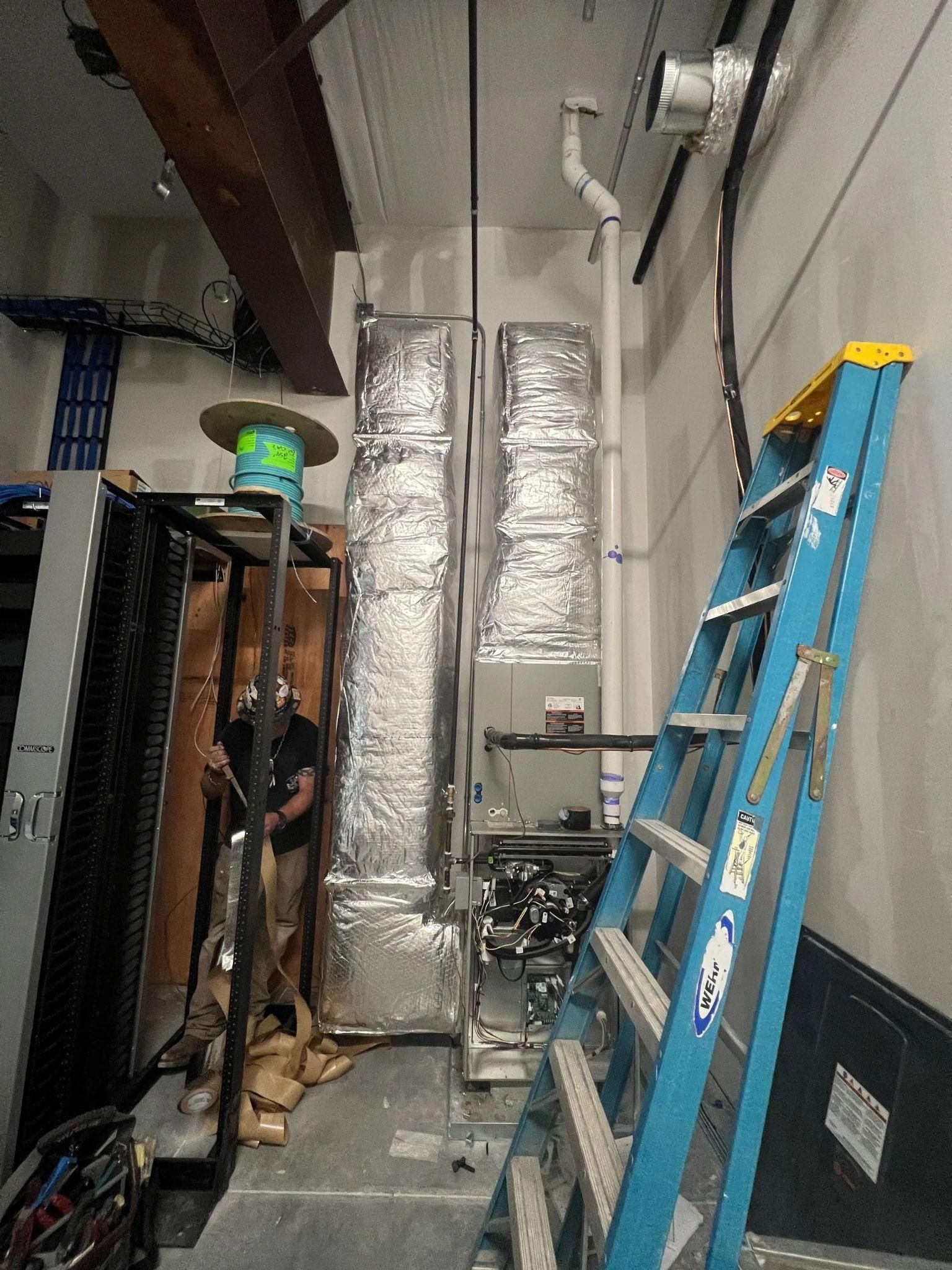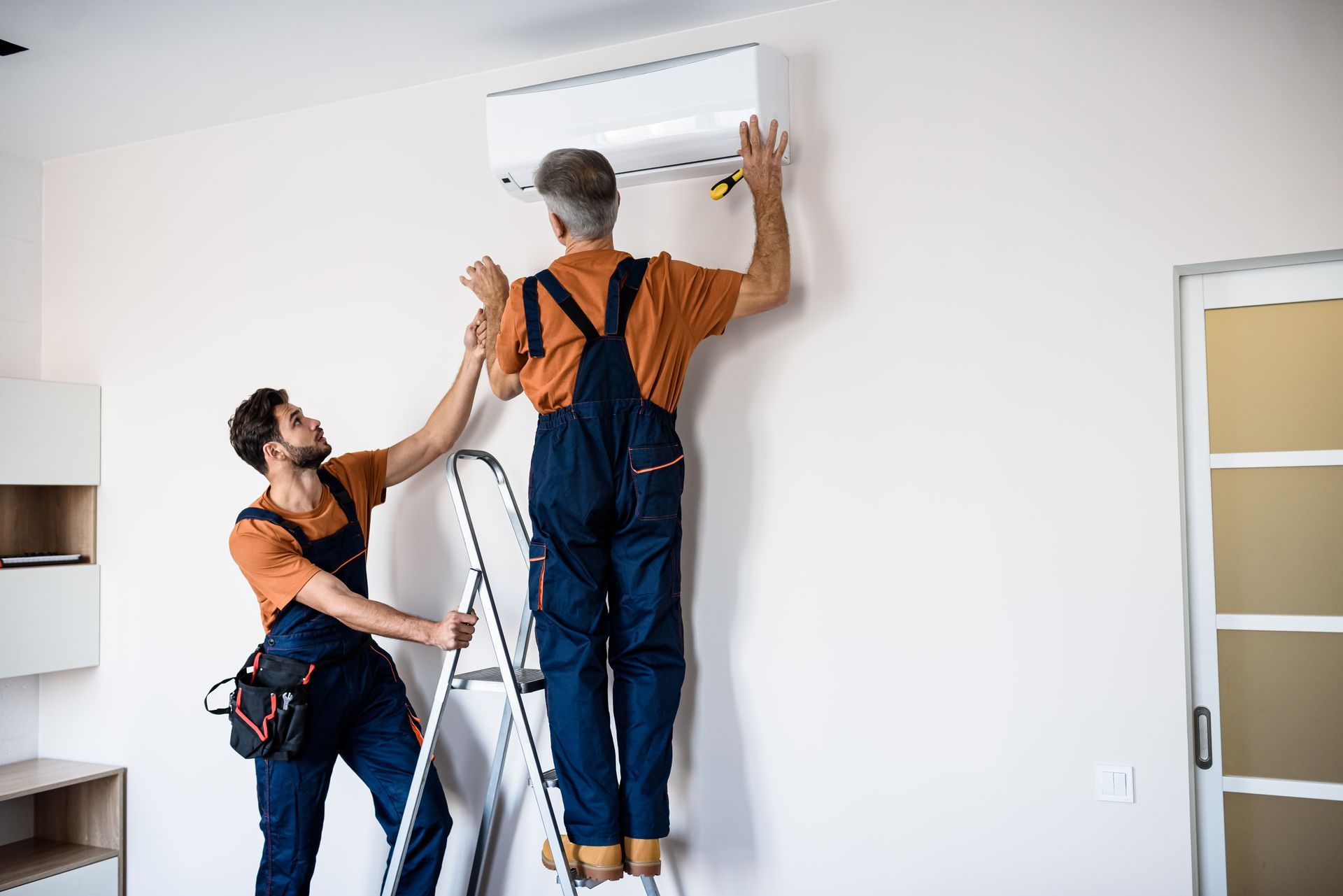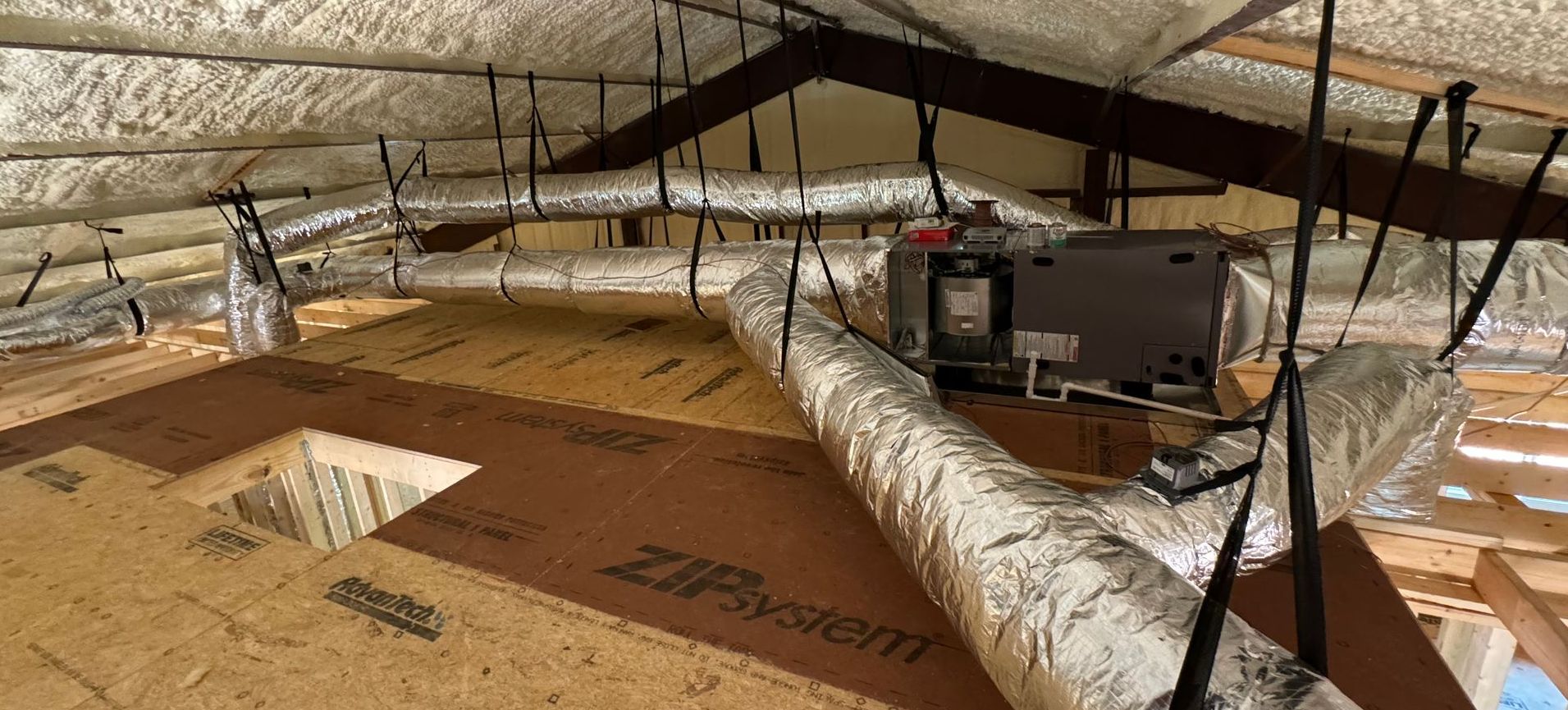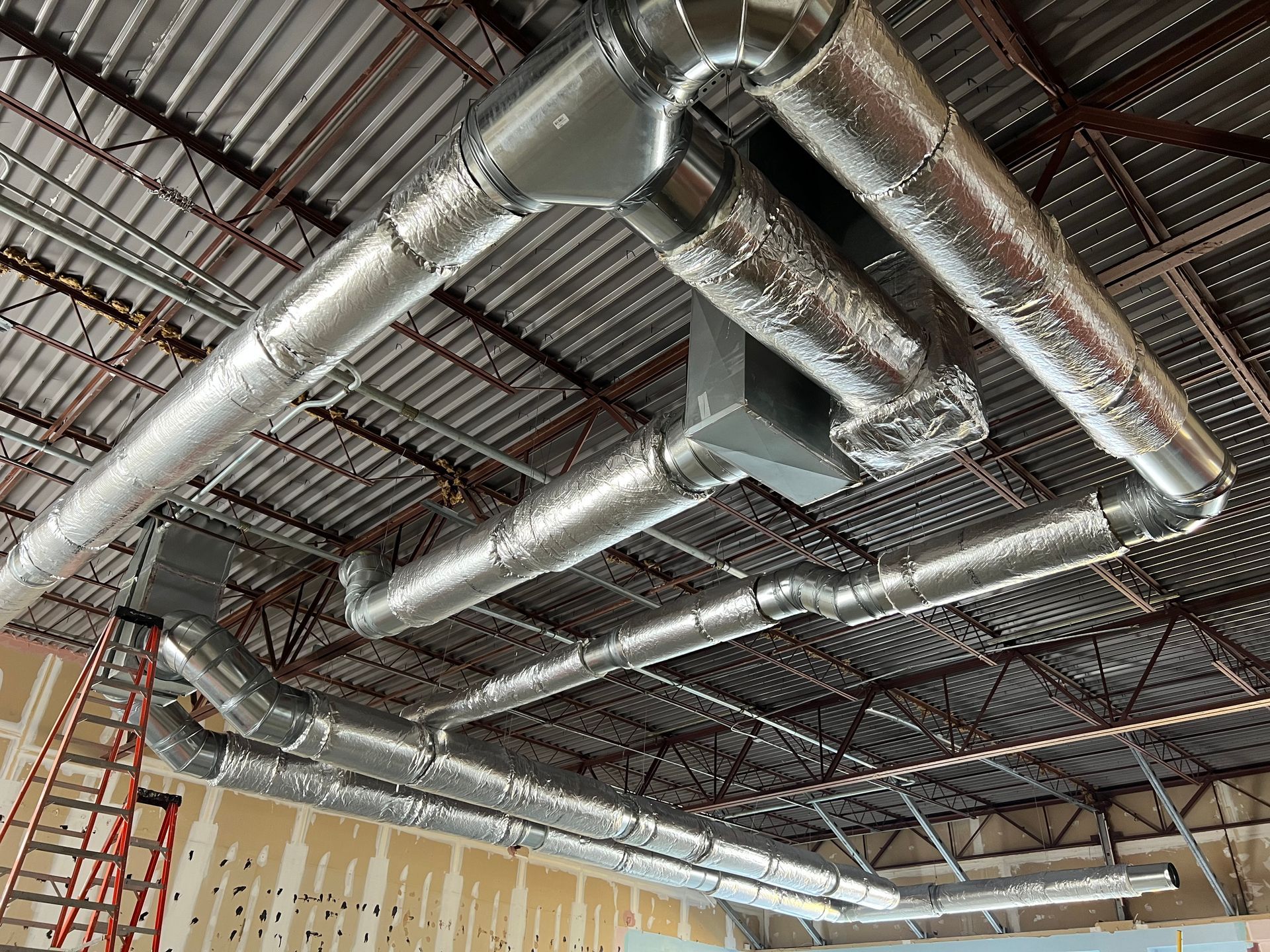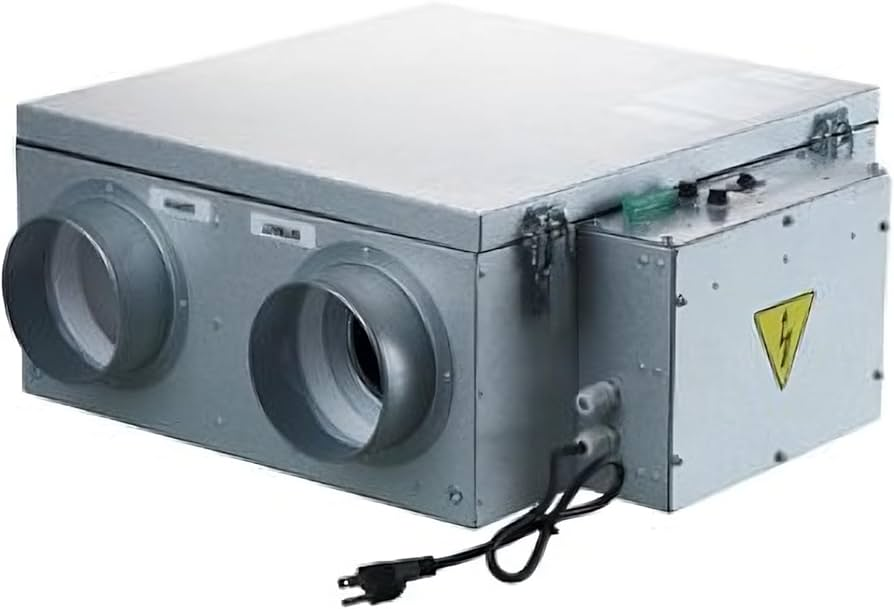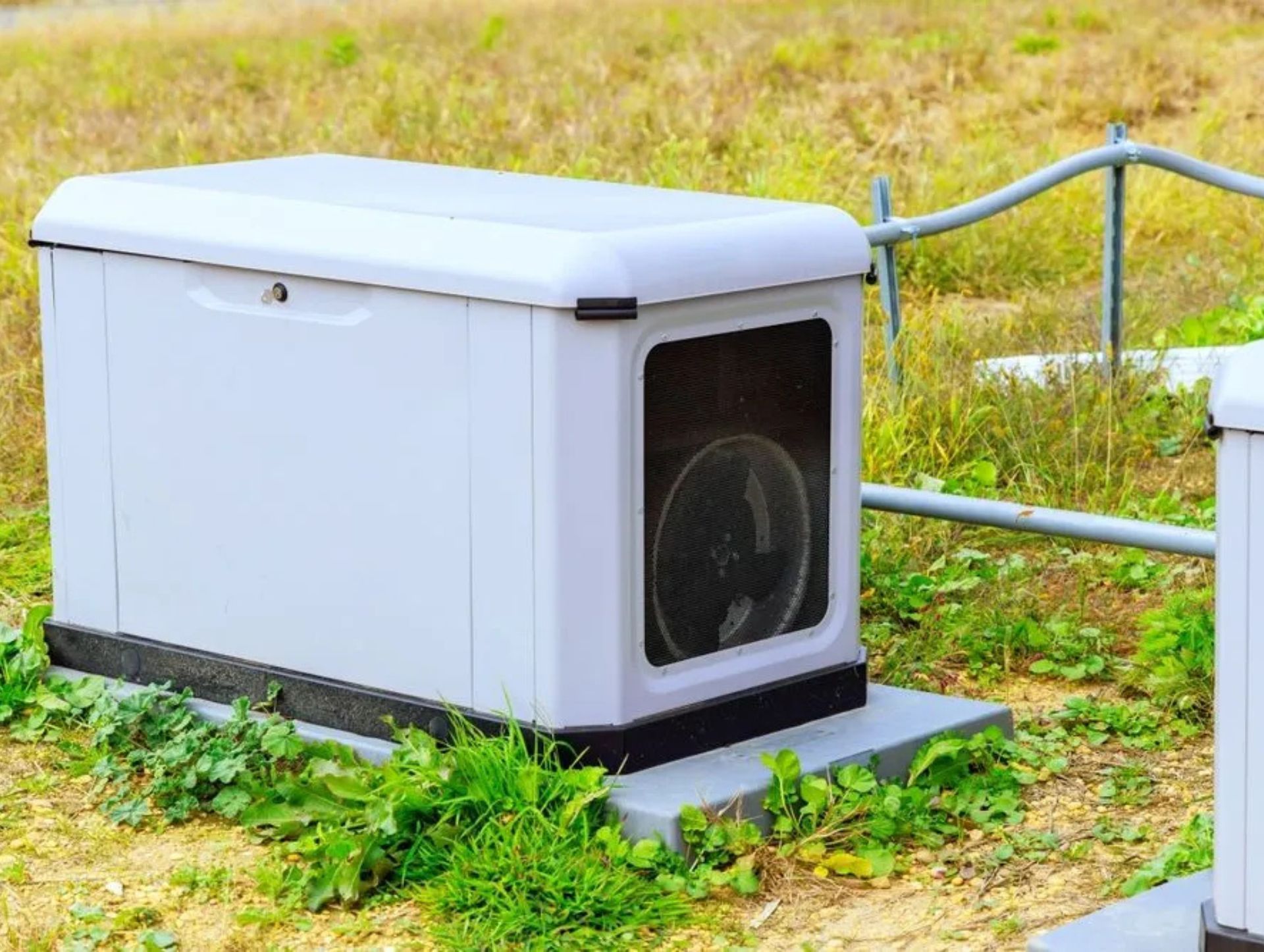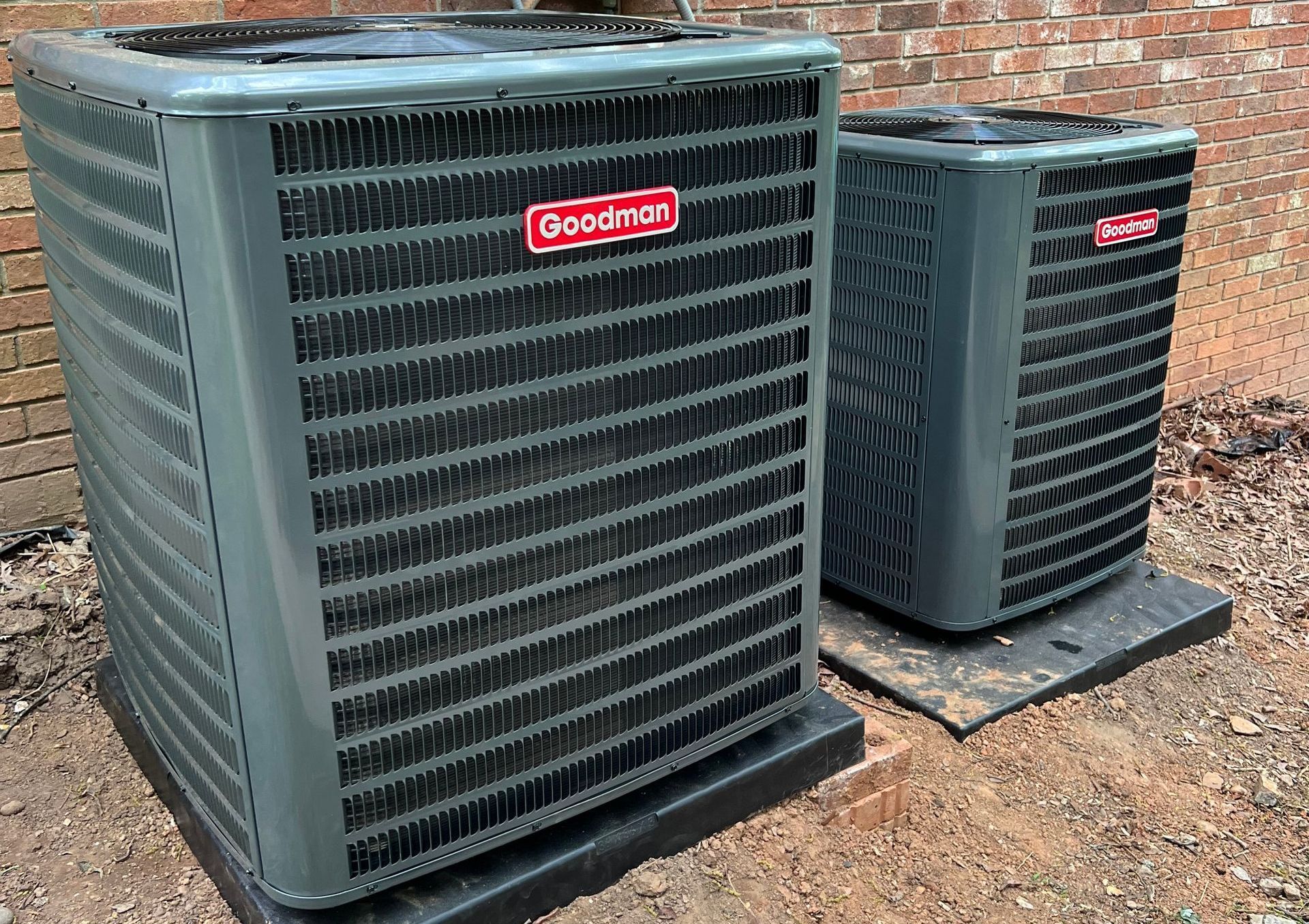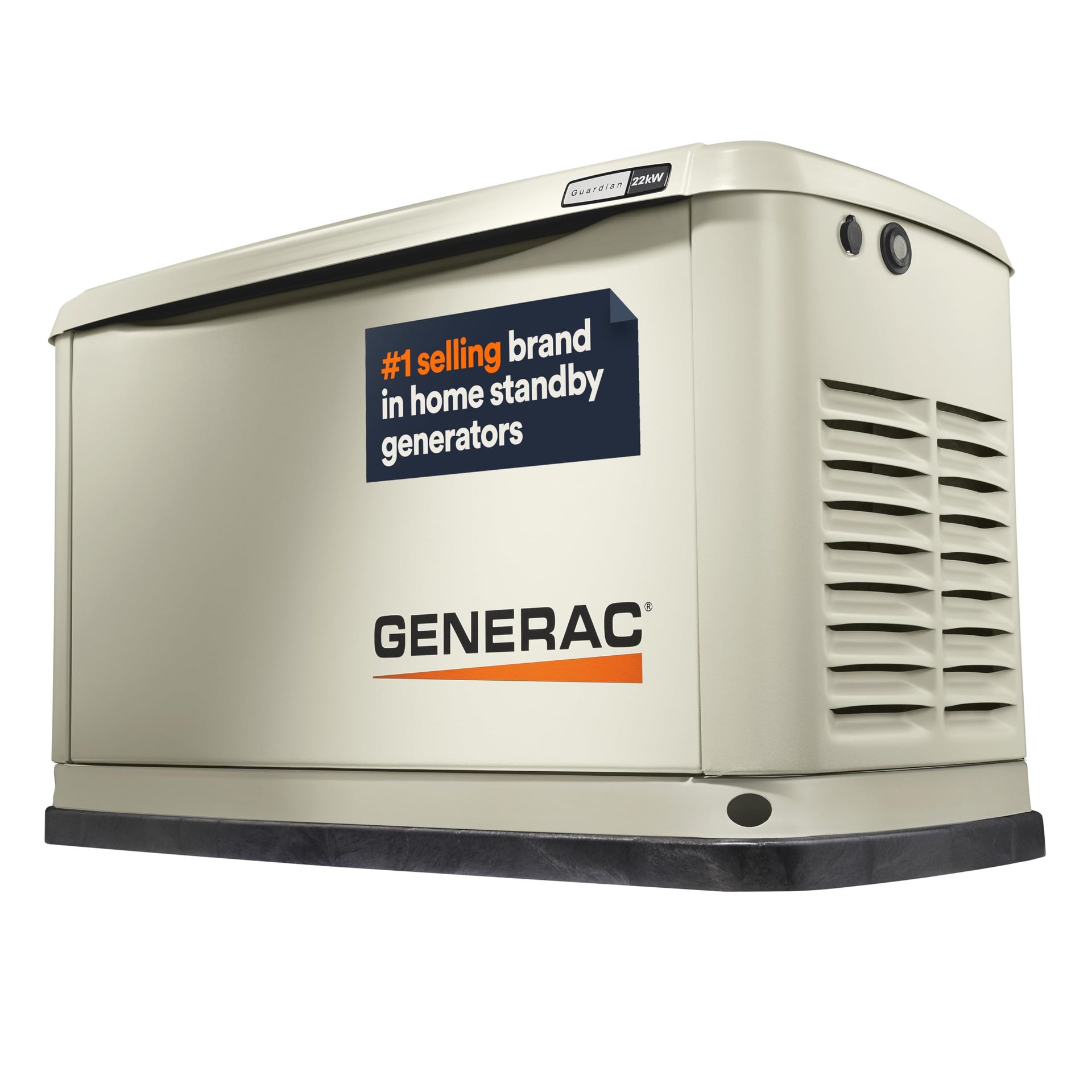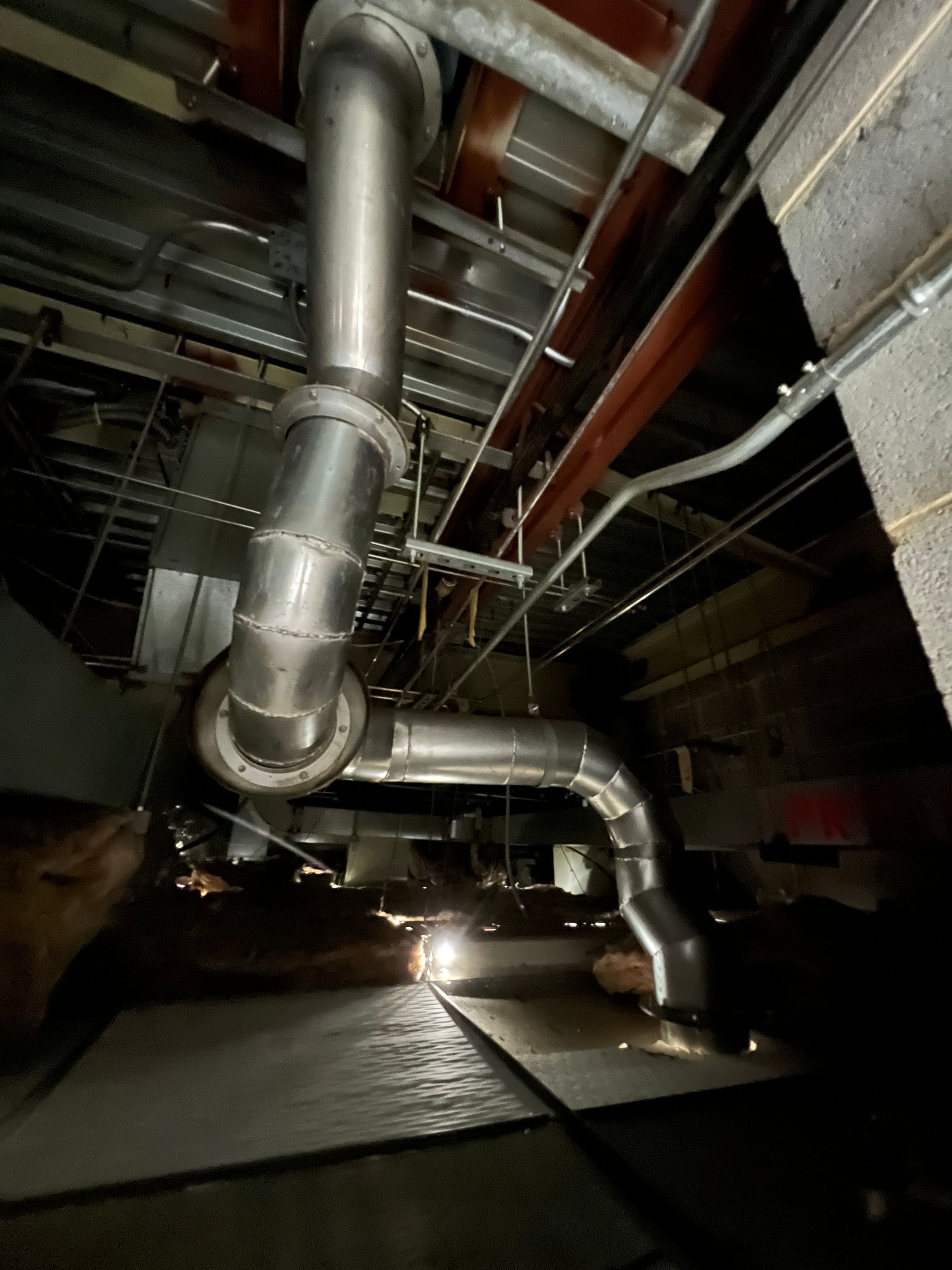5 Things to Consider When Hiring an HVAC Installation Contractor
1. Licensing And Insurance
When hiring an HVAC installation contractor, licensing and insurance are non-negotiable. A valid license ensures the contractor meets standards for mechanical engineering, construction, and building automation in your state. Here are some crucial points:
- Check for a valid license: Most states, like California, require HVAC contractors to hold specific credentials, including passing an exam for occupational safety and health compliance and demonstrating expertise in systems like air source heat pumps and ductless air conditioners.
- Insurance coverage: General liability insurance protects against damages during installation. Workers' compensation covers injuries that could occur on-site, whether in an attic, basement, or outdoor space.
Verify the details: Don’t just take the contractor’s word for it. Ask for proof of their license and insurance, and verify these documents with the appropriate state or local authorities.
| Type of Insurance | Purpose |
|---|---|
| General Liability | Covers property damage during work |
| Workers' Compensation | Covers injuries to workers on the job |
Some states require contractors to maintain a surety bond, acting as a financial safety net for customers. Verify proof of insurance and licenses through your state’s gov resources to ensure you're dealing with a professional HVAC technician who is qualified for everything from plumbing and electric wiring to working with boilers and furnaces.
2. Services Offered
Choosing the right contractor starts with understanding the services they offer. HVAC companies provide specialized work in air conditioning, heating, and ventilation. Here’s a breakdown:
1. Air Conditioning Services
- Installation of new air conditioning units: Includes central air conditioner installation and mini-split air conditioner installation for spaces requiring tailored solutions.
- Seasonal maintenance to improve the seasonal energy efficiency ratio (SEER) of your system.
2. Heating Services
- Installation and maintenance of heating systems, including heat pumps, furnaces, and boilers.
- Hydronics systems for efficient water heating and temperature control.
3. Indoor Air Quality Solutions
- Installations like humidifiers, dehumidifiers, and air filters improve airflow and reduce dust and allergens.
- Duct cleaning to enhance the efficiency of your HVAC system.
4. Emergency Services
- Assessments to optimize energy usage, reduce utility costs, and improve home insulation.
- Retrofitting older systems for better energy efficiency.
5. Additional Services
- Energy efficiency assessments
- Ductwork installation and repair
- Thermostat installation and programming
3. Experience And Performance
Experience in the HVAC industry is a sign of reliability and expertise. Here’s how to evaluate a contractor’s background:
- Years in Business: Long-standing contractors with experience in commercial HVAC projects and building insulation show a strong track record.
- References and Reviews: Ask for client references and read online feedback about performance on projects like ductless air conditioner installations or heat pump replacements.
| Criteria | Importance Level |
|---|---|
| Years in Business | High |
| Client References | High |
| Online Reviews | Medium |
Reputable contractors can handle complex systems, including energy-efficient designs, building envelopes, and split AC unit installations.
4. Prices And Payment Options
HVAC installation costs vary depending on the system's complexity and size. Here’s what to expect:
- Understand Costs: Typical installation costs for a central air conditioner range between $3,500 and $7,525. More advanced setups, like HVAC system replacement, may cost more.
- Payment Plans: Many companies, including Home Depot HVAC installation services, offer financing to make large projects more manageable.
| Cost Range | Description |
|---|---|
| $3,500 - $5,000 | Basic installation of standard units |
| $5,000 - $7,525 | Advanced systems or larger homes |
Be sure to confirm the inclusion of air handlers, thermostats, and refrigerant in the quoted price to avoid unexpected fees.
5. Communication
Good communication ensures smooth installation and long-term satisfaction with your HVAC system. Here’s what to watch for:
- Clarity: Contractors should explain warranty coverage, tax credits, and details about the system installation process.
- Availability: A reliable contractor offers timely responses and access to emergency services.
In summary, effective communication is essential for meeting high customer expectations in HVAC services. It not only builds trust but also helps solve problems quickly, making customers feel valued and satisfied with the service they receive.
Effective communication is key to ensuring your HVAC needs are met. Whether you have questions about our services or need assistance, we’re here to help. Visit
Arrow Renovations & Refrigeration. about how we can keep your home comfortable and energy-efficient!
Final Thoughts on Choosing an HVAC Contractor
Hiring the right HVAC contractor can significantly impact your
home improvement project, whether it involves upgrading to a smart thermostat, installing a mini-split system, or replacing an outdated HVAC unit. Look for licensed professionals with proven experience, strong customer reviews, and transparent pricing. Whether you’re considering HVAC replacement or a new energy-efficient system, taking the time to choose the right contractor will save money and ensure your home’s air quality and comfort for years to come.
